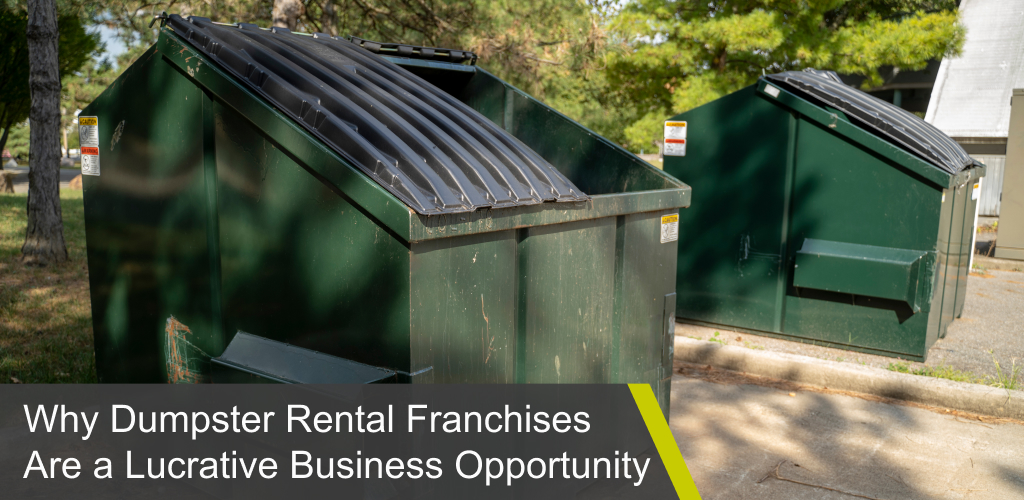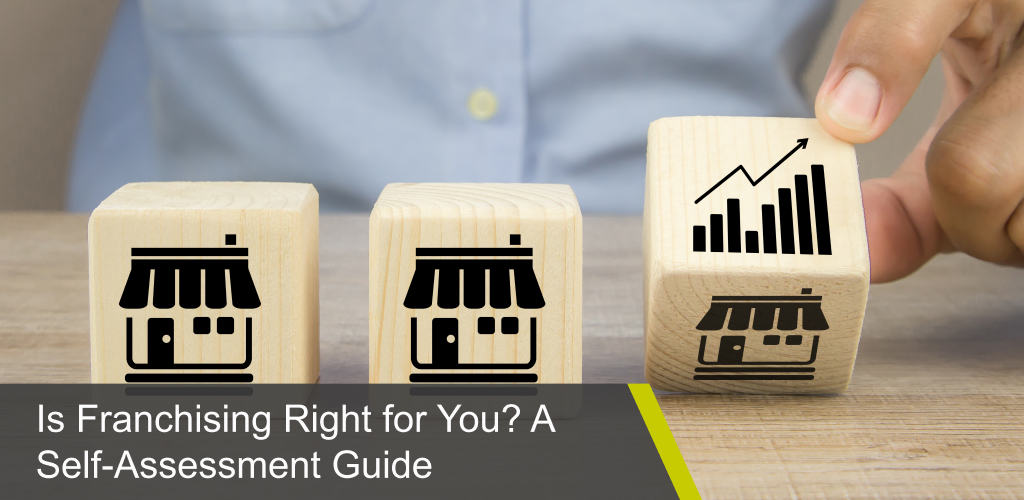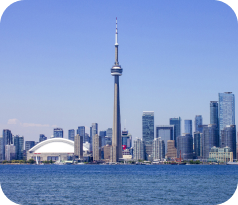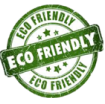How To Manage Waste Properly
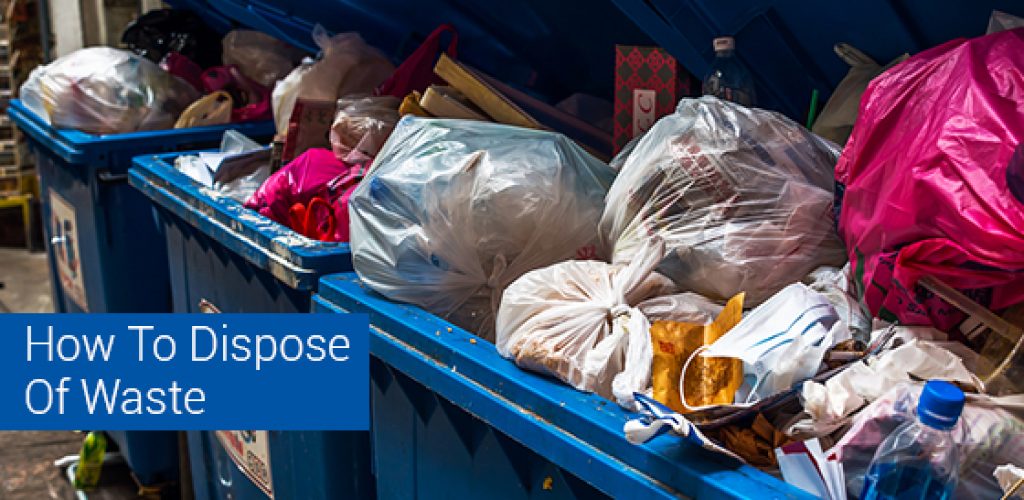
Many people don’t give a second thought to waste or the materials they discard. But there are many implications of waste, ranging from the inefficient use of raw materials to faulty products and wasted labour to the unnecessary use of energy.
Proper waste management involves the use of garbage as a valuable resource, usually by recycling items that don’t need to end up in a landfill yet. It is a process that involves not only garbage removal companies, but also households and businesses through the disposal of products they no longer have use for in a safe and efficient manner. Here are some ways to manage waste properly.
- Source Reduction and Reuse
This is the strategy most commonly used by governments and local authorities. Reducing waste at the source is achieved by expanding recycling efforts through creating recycling networks and providing on-site food waste treatment facilities at residential and commercial properties. The objective is to reduce the heavy reliance on raw materials that are continuously getting depleted, in an effort to conserve the environment.
- Recovery and Recycling
Recovery involves the use of discarded items for other meaningful uses. The discarded items usually have to go through a bit of processing to extract or recover resources, or to transform them into usable forms of energy such as fuel, electricity, or heat.
Recycling, on the other hand, involves converting trash into new products to reduce the production of fresh materials and conserve energy. Recycling is tied to the first point of source reduction, and is the third component of the waste management hierarchy: Reduce, Reuse, Recycle. In addition to reducing the creation of new materials, recycling decreases energy usage, reduces air and water pollution, reduces the volume of trash sent to landfills, and reduces greenhouse gas emissions.
- Landfills
This is the most common waste disposal method today. It involves burying trash in the land while taking measures to eliminate both odours and the risk of toxic substances seeping into the ground and contaminating water sources. With the strong presence of landfill gases such as methane, and land scarcity, many garbage removal companies are considering other options.
- Combustion/Incineration
Municipal solid wastes that cannot be recycled are burned at high temperatures to reduce its volume by up to 80 percent. This means that the residue occupies 20 to 30 percent of the landfill space that would have been occupied by the solid waste, reducing the stress on landfills. Also referred to as thermal treatment, this method can also be used to generate heat, gas, and steam for power.
- Composting
This is a natural bio-degradation process of organic wastes (kitchen waste and plant remains) that converts them into nutrient-filled food for plants. This is a common technique in organic farming, where the organic materials sit in one place for months to allow for decomposition.
Final note
Proper waste management is important to avoid contamination, especially when the waste is hazardous. But more importantly, households and businesses should exercise waste minimization or waste avoidance, which involves recycling old items, repairing broken items, donating items no longer in use, avoiding the use of disposable items, etc., to reduce the amount of waste that will end up in landfills.
